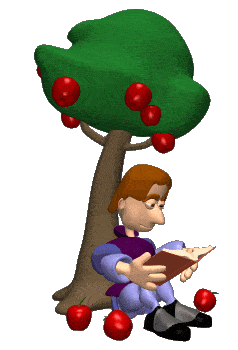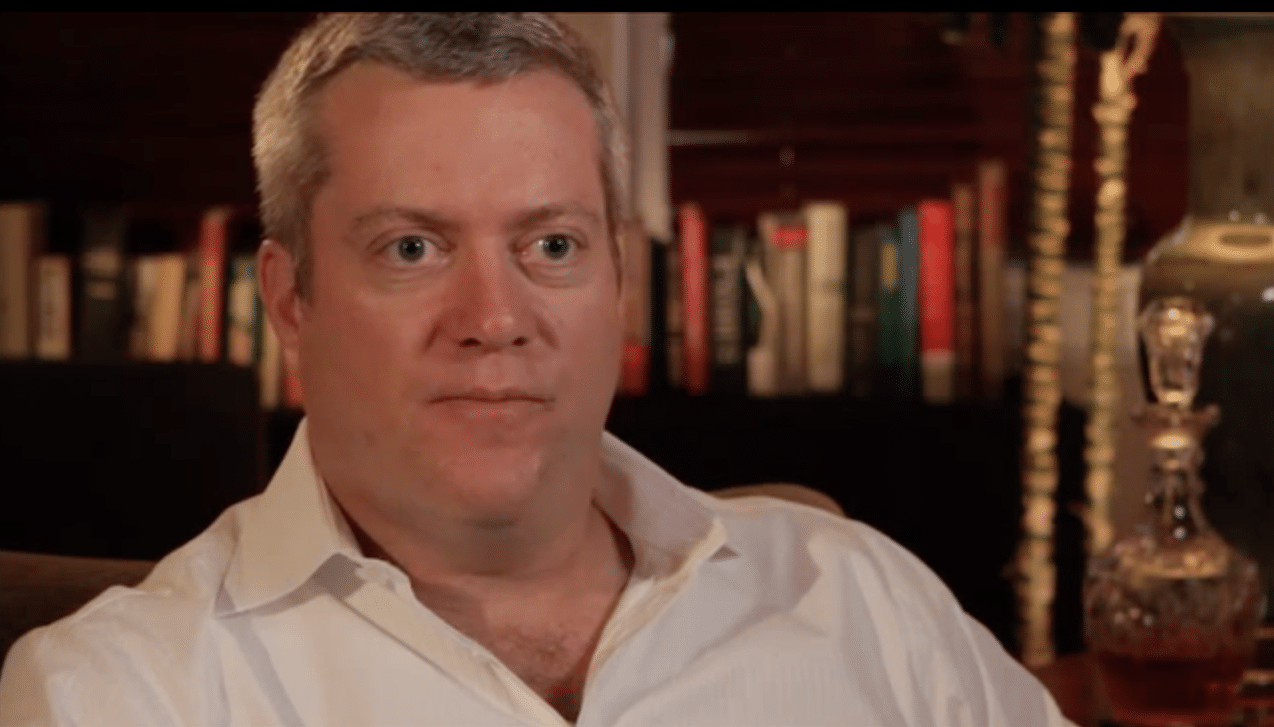When I was a little girl, my father used to give me dating tips about what kind of men I should be impressed with. As the dutiful daughter I once was, I listened with wide-eyed wonder and remember to this day his fortune-cookie style bite-size advice – not so sweet as stern and sobering.
“Don’t be impressed by his good looks. If you do, he’ll become conceited and treat you as inferior to him.”
“Don’t be impressed by his money or power.”
“Be impressed by ambition. Ambition is the metric of manhood.”
To my dad, ambition was the key differentiator between people.
Ambition drives great efforts and endeavors. Hard work leads to success. And success will determine the ultimate happiness of my life, which again in my father’s view, depends on my discreet choice during my dating life for a future husband. So for a long period into my adolescence, I admired ambitious overachievers who were bigger than life. But those were not the men I dated, just admired from a distance.
The turning point came however, when I decided to travel a long distance for a brand new world – for high school, college and eventually build my life and career in America. I realized what had been driving me was less ambition than curiosity.
I was always curious about what’s out there in the universe of infinite possibilities. I also reckoned that while dating and marriage are important pillars of happiness, the route to that does not necessarily require ambition.
Ambition is important as framed as aspiration – a force that motivates us to become smarter, stronger, wiser, more caring and compassionate as a person. But what’s equally essential to lifelong happiness, as I’ve discovered, is a modulated state of curiosity.
There are discernable differences between the two.
Curiosity gets me excited. It unburdens yet fastens my mind to my heart for a moderating guidance as I independently explore a new terrain, a new subject, or seek a new job or approach a new relationship.
Ambition makes me anxious. It imposes a set of standards for me to meet in order to pass an external test of success. It can be exhausting and exasperating unless and until I season ambition with curiosity.
You can call that a mental trick I use. Perhaps it is.
But the moment I shape my mind as curious, rather than ambitious, about my potential to learn, to perform, to engage the unknown, I simultaneously set up an internal compass that measures how far I have come to this point in life. Using both the external and internal yardsticks to gauge the distance and the depth of my growth, as a person or a professional, has enabled me to notice the parallel complementary forces that form my happiness. Noticing the power of curiosity adds balance, and fundamentally puts me in the position of determining what constitutes meaningful success.
When I first introduced my husband to my father two years ago, he was curiously scanning Ken from head to toe wondering how he won my heart. In his old age gripped by Alzheimer’s and Parkinson, my father wasn’t able to articulate his thoughts about my choice. But he could detect how happy I have become since being married, and that brought him joy.

Many inventors and visionaries begin their amazing journey with a curiosity about something that is different and otherworldly; something that is big and baffling.
English physicist Isaac Newton discovered gravity not because of a grand ambition but as a result of a simple curiosity about why apples fall from the trees!

American entrepreneur Porter Erisman discovered an opportunity to work with Jack Ma in the 1990s when Ma was building an internet start-up that would eventually become the world’s biggest e-commerce empire – Alibaba, not because of an ambition to become rich and famous, but as a result of a curiosity about China.
I had the pleasure of interviewing Porter for China Personified “Headliners & Heroes” after I heard about his trailblazing, groundbreaking venture working alongside with Jack Ma and overcoming enormous struggles to become successful.

What struck me most about Porter is his child-like curiosity about what’s next.
After a family vacation introduced him, as young boy growing up in Denver, Colorado, to an exotic culture and country that housed one fifth of humanity on earth; he decided to move to China after he obtained two university degrees – Stanford and MBA from Kellog. At each transition across borders and cultures, he was driven by a sense of awe and wonder. It has been a liberating, emboldening and rewarding journey for Porter. It is also an inspiring story for all of us when we think about what we want from our lives.
Curious?
Click “How did Porter discover a crocodile in the Yangtze?” or check out the video below.


